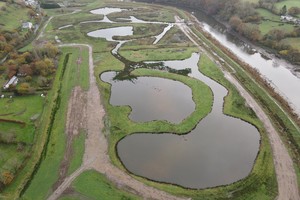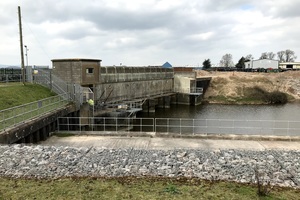Leicestershire anglers fined for illegal fishing trips
Two men from Leicestershire have been found guilty of fishing illegally on separate occasions this year.
A court heard that on 24 March 2022, Kieran Wood from Leicester had been fishing on the River Soar in Leicester in the close season and without a licence.
Coarse fishing is prohibited in some of England’s waterways from 15 March to 15 June (inclusive) each year to protect vulnerable fish stocks while they are spawning.
In a separate case Thomas Roberts from Shepshed was found guilty of fishing without a licence at Butterley Reservoir, Derbyshire in February this year.
Both cases were brought to Northampton Magistrates’ Court by the Environment Agency on 1 August 2022.
Kieran Wood, 32, was proved guilty in absence and ordered to pay a total penalty of £619. The penalty includes a fine of £440 (£220 for each offence), costs of £135 and a victim surcharge of £44.
Thomas Roberts, 24, pleaded guilty and was ordered to pay a total penalty of £289. The penalty includes a fine of £120, costs of £135 and a victim surcharge of £34.
Michael Alcott, Fisheries Enforcement Officer at the Environment Agency, said:
Kieran Wood and Thomas Roberts have been rightly punished for the illegal fishing they undertook in Leicester and Butterley Reservoir respectively.
Illegal fishing undermines the Environment Agency’s efforts to protect fish stocks and make fishing sustainable. Money raised from fishing licence sales is used to protect and improve fish stocks and fisheries, benefitting anglers and, for those caught cheating the system, we will always prosecute.
These cases show how seriously the courts take these offences and we hope the high penalties will act as a deterrent to any angler who is thinking of breaking the laws and byelaws we have in place across England.
Anyone can report illegal fishing activities to the Environment Agency incident hotline 24/7 on 0800 807060.

